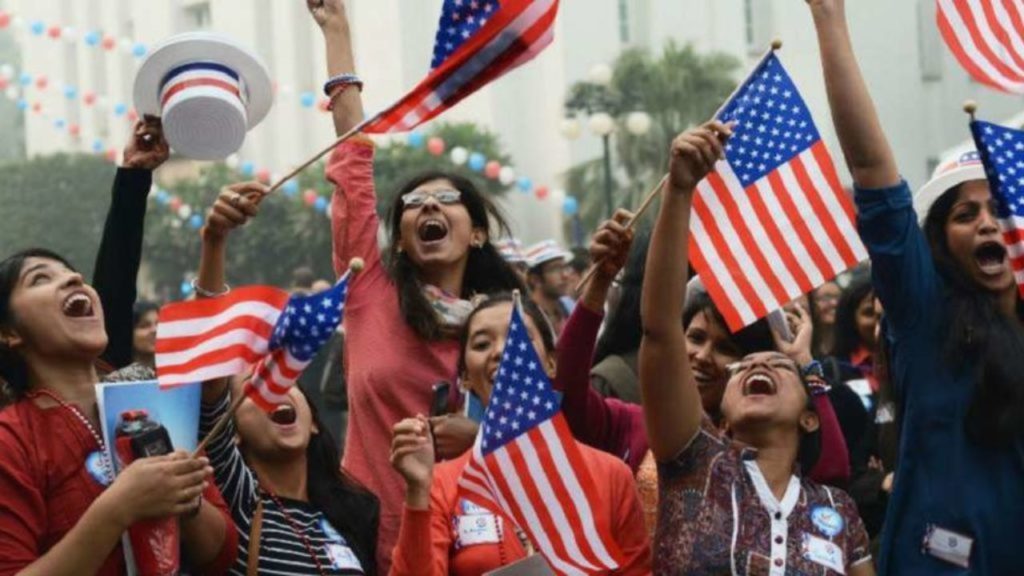H1B Visa Extension Will Be Unstoppable Now; Govt Removes All Restrictions Of Trump-Era

The latest developments confirm that the United States Citizenship and Immigration Services (USCIS) has instructed its officers to defer to previous approvals for extending visas, including the H-1B work visa.
How Does This Affect?
This simply means that USCIS is reverting to its earlier long-standing guidance which was issued in 2004.
Prior to this the Trump administration had revoked this guidance and treated each and every visa extension as a new application.
This change in the process is led to an increase in requests for additional documentation (known as requests for evidence – RFEs).
In turn, this is causing increased administrative costs for sponsoring employers and led to delays.
In some cases, there may be an outright denial of visa extensions on various grounds.
For example, in the past few years, even if there is no change in facts like the job profile, the visa extension sought for H-1B holders was denied.
This could happen on the ground that the job is not a specialty occupation.
This stand was taken by USCIS, even as the original H-1B visa had been issued owing to the job being a specialty occupation.
Time and time again, many cases have been reported by the media and the lawsuits that ensued.
Cap On New Visa Allotment
Although, USCIS cautions that officers may not defer to a prior approval when there are material changes or where new material information is available that undermines eligibility.
This also includes the publicly available information affecting eligibility for the benefit.
This will also affect if there was a material error in the prior decision that led to granting of the visa.
“Business entities make plans based on consistency and predictability – not being able to rely on the availability of professional workers was not conducive to business nor to non-citizen workers.,” according to Rajiv S. Khanna, the managing attorney at Immigration.com.
He further added, “It was always very difficult to explain to any reasonable person that an immigration benefits application that had been approved could be denied later during an extension, even without any changes in the facts. Thus, the rule of law was usurped by unfettered discretion. Further, litigating matters of discretion in courts was a difficult and time-consuming task,”.
Basically, there is an annual cap of 85,000 on new H-1B visa allotments, so it can be considered that visa extensions are much more in number.
The number of new H-1B visas issued to Indians was 79,423 (which may include non-cap visas) in fiscal 2019 while the visa extension numbers were much higher at 1.99 lakh.

Comments are closed, but trackbacks and pingbacks are open.